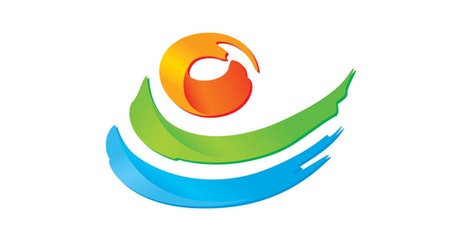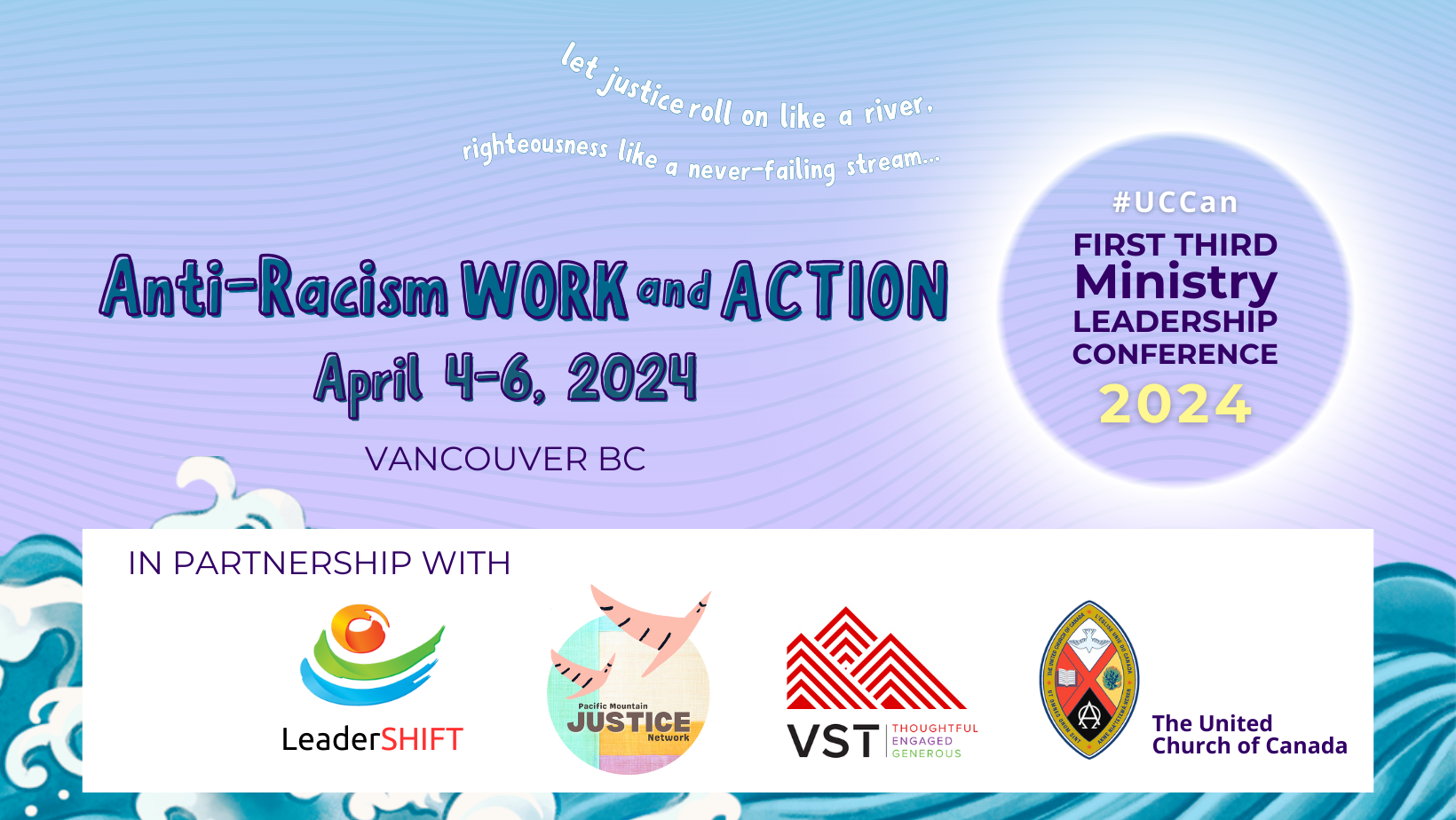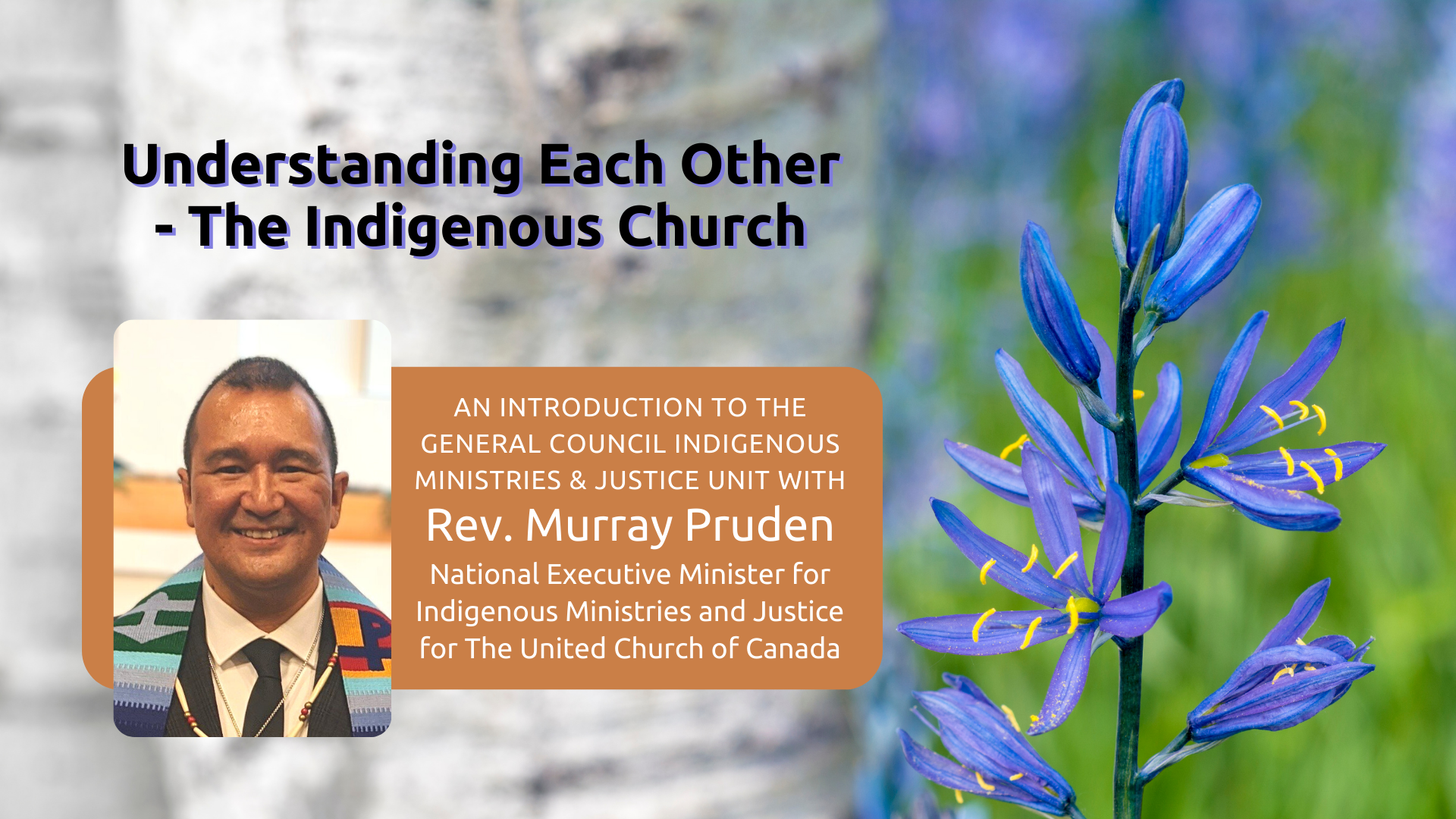Friends —
The year swings round as it does. And again the witness of Red Dress Day is here, asking, demanding, reminding Canadian society that our reconciliation must be more than words and good intentions.
We know many of you are offering leadership in your towns and villages and churches, and want to also amplify what you are doing so that we all may keep learning, and keep taking action.
Below are just some ways to honour Red Dress Day - this day. You might want to offer more.
In gratitude,
Allison
This post was also sent via MailChimp
5pm, today May 5, 2022
"Everyone is invited to join us as we remember the lives and struggles of Indigenous Women, Girls and Two Spirit People lots to MMIWG2S" Amplify this invitation from Rundle Memorial United, Chinook Winds Regional Council, Urban Indigenous Circle
Elements of Truth: Before Reconciliation
LeaderSHIFT is excited to amplify the work of our colleagues at kinSHIFT who host remarkable workshops to equip allies to be active in our reconciliation. The first four online workshops help set a foundation for other more in-depth offerings. To help you access these four workshops, LeaderSHIFT will pay for half of your registration fee. kinSHIFT are now publicizing dates for later in 2022 and 2023. Use the code SHIFT50 to receive the 50% off price adjustment.
Why are there red dresses hanging outside of the church?
Amplify The Truth & Reconciliation Team of Weird Church Cumberland
In honour of MMIWG. You are never forgotten. No more stolen brothers and sisters.
Amplify this sticker template from Bevery Brown, PMRC Indigenous Ministry Council Member
"May we learn this path in our Christ-centred way to bring us into that realm of reconciliation. Amen."
Amplify Urban Indigenous Circle offering a Red Dress Day 2022 reflection, from Gloria Snow and Tony Snow, members of the Stoney Nakoda First Nation. Tony Snow is the Indigenous Minister for the Chinook Winds Region supporting the work of reconciliation and right relations in United Churches across southern Alberta. He also works to promote intercultural understanding from an Indigenous theological perspective.
settler words
I’m driving along highway 4, leaving Port Alberni.
It’s been a day of hearing stories – stories of pain, of trauma, of violence that still effects the Indigenous communities and individuals who attended The United Church of Canada’s Alberni Indian Residential School, or “AIRS”, as the survivors call it.
My heart is heavy.
As tempted as I am to share those stores – to shock us out of our settler complacency - I won’t repeat them. They’re not mine to tell. But I do know that if they affect me in the way that they do, I can’t even begin to imagine what it would have been to have experienced them, to have witnessed them – either firsthand, or to have felt their impacts intergenerationally.
As I drive home - out of the corner of my eye there is a flash of red.
A small dress - it would fit my pre-teen daughter - is hanging in the branches on the side of the highway. It’s a simple witness of resistance against the ongoing culture of violence – a culture that the Canadian Government and the churches conspired to set up against Indigenous Nations; and which was, and which is felt most acutely in the lives of women and girls in those communities.
Physical violence. Sexual violence. Emotional violence. Spiritual violence. Missing. Raped. Murdered. Women. Girls. Precious lives violated; marked by a quick flash of red amidst the lush green of the rainforest trees.
And, perhaps it would be easy enough to forget, to put aside, as I head back home – if I hadn’t just heard those stories of trauma. It would be easier if I didn’t have to horrifically imagine my own daughter being that much more prone to that violence if she was Indigenous or Metis.
And so, I don’t have any answers. Just more and more questions.
Like - what would it mean for every United Church in the region to have a red dress hanging outside our doors – year round - to not let us conveniently forget what we did in Jesus name?
More importantly, what would it mean for settlers, like myself, to concretely take on the work which challenges the ongoing colonial violence, perpetuated against Indigenous communities, and even more so against women and girls?
Would I work that much harder if it were my own daughter, sister, mother, grandmother?
Just questions.
Provoked by some stories - and a quick flash of red on the side of the highway.
— Rob






